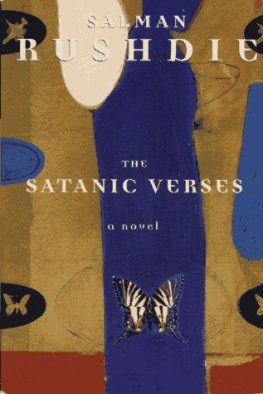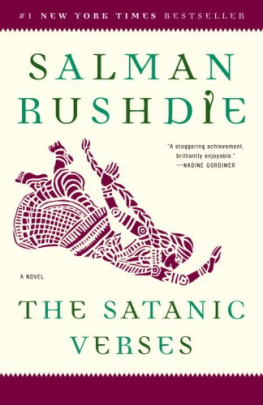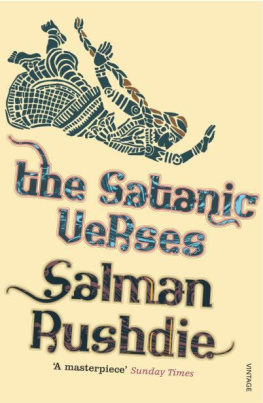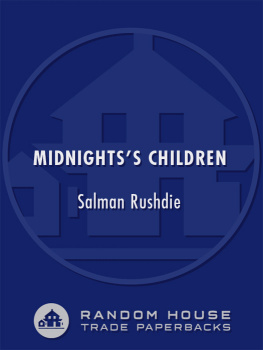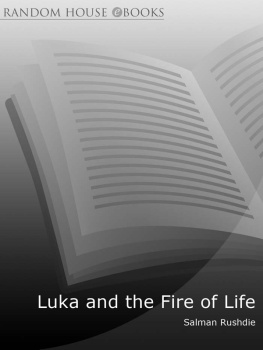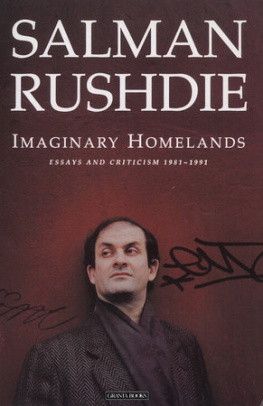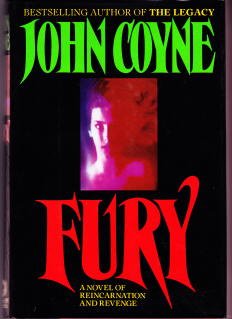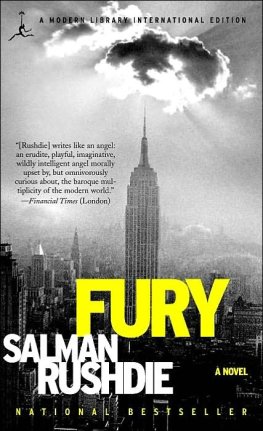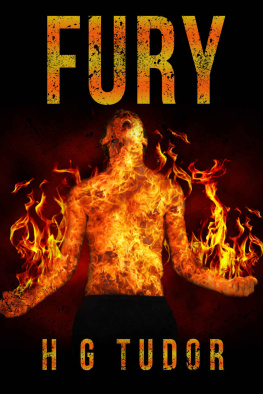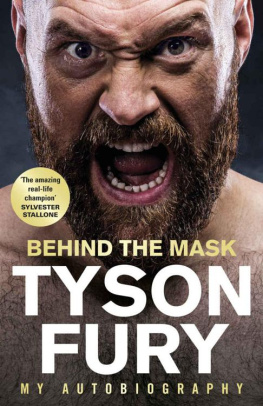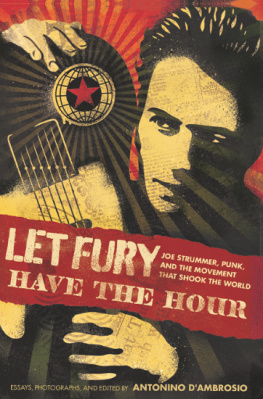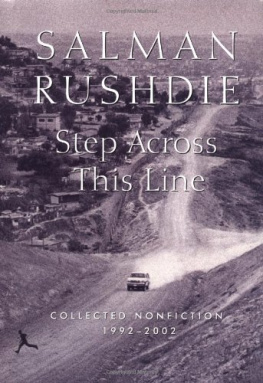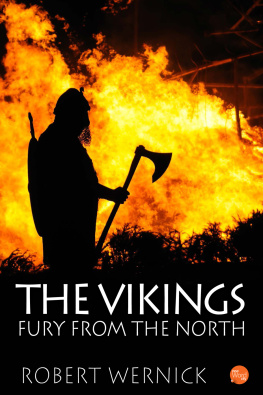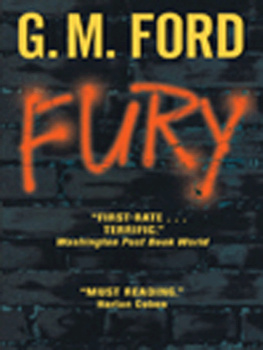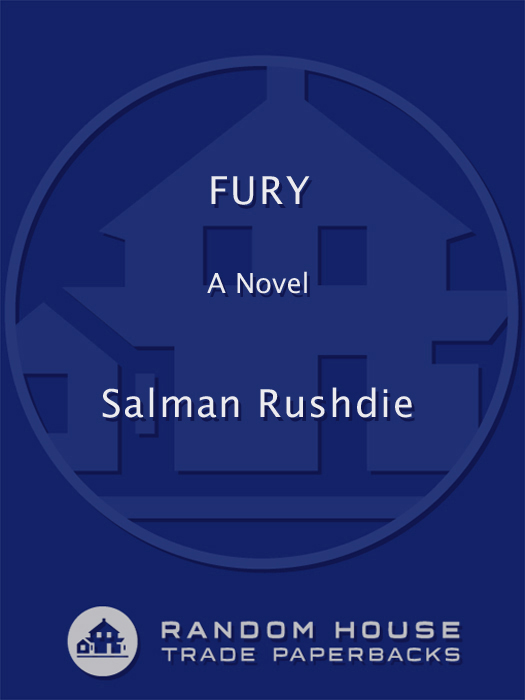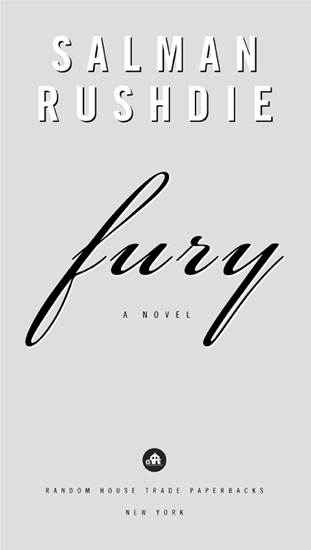P RAISE FOR F URY
[Salman Rushdies] latest work contains all the linguistic virtuosity of his earlier books, and layer upon layer of sociopolitical observations that only an outsider as brilliant as Rushdie could make. Fury offers an energetic, deeply engaging story, full of gorgeous, often hilarious passages.
The Hartford Courant
The sea change has invigorated Rushdie. His new novel is very much an American book, a bitingly satiric, often wildly farcical picture of American society in the first years of the 21st century.
Publishers Weekly (starred review)
Fury flaunts all of Rushdies intimidating gifts. Theres the fascination with buzzwords, psychobabble, and doublespeak from an intellectual whos expert in the language games of postmodern philosophy. Alternately a metaphysical thriller and a sci-fi-tinged fantasy, a treatise on gender politics and a farce about academia, the novel teemsas its hero doeswith ideas. Not only is the book smart, it also happens to be Rushdies most entertaining.
Book
Fury positively vibrates with intellectual energy (its also frequently quite funny).
Kirkus Reviews
Rushdies vision of humanityhis totally unfettered imaginationrests on the twin foundations of his cosmopolitanism and his intelligence. His vibrant, metaphorically soaring language is the fuel that runs this outlandish, poignant novel to its amazing conclusion.
Booklist (starred review)
Rushdie is an important writer on the world stage. [Fury] displays a good sampling of the bedazzling erudition, clever word play and philosophical meanderings with which this singular writer has managed both to enchant and to antagonize so many readers around the globe.
Bookpage
Salman Rushdies new novel, Fury, is a masterful fairy tale with a sardonic, au courant edge. Like all good fairy tales, Fury has a moral. Rushdie artfully explores issues of race and class. [We] see American life through a newcomers eyes and our sense of ourselves is forever changed.
Houston Chronicle
If Fury contains a Shakespearean vertigo, it counters it with a Shakespearean poise among shifting values. Rushdies iconic status should not confuse us. Fury confirms his place among the worlds wittiest and wisest writers.
The Providence Sunday Journal
The satisfactionthe joyof reading Salman Rushdie derives from the craft, ingenuity, the constant word play with which he spins out his inventions. He makes plausible what in the hands of any other writer would be a contrived and preposterous storyline.
The Times (Trenton, N.J.)
What remains is Rushdies great facility with language, and the knowing social and cultural observations served up by his tour guide of a narrator.
The Atlanta Journal-Constitution
Rushdie writes of the pulse of America as if he had lived here his entire life. Few can capture the dark side of our society in such a comedic way. His examination of the uneasy alliances between men and women is insightful and enlightening. This novel succeeds on many levels and is a timely reminder to order the priorities in our lives. Rushdie is now welcomed into the fold as an American author of the highest stature.
The Tampa Tribune and Times
With [Fury] Rushdie delivers another Molotov cocktail that mixes absurd and mundane, erudite and sentimental.
Pittsburgh Post-Gazette
Newcomers to Rushdie will delight at the puns, the allusions, the nimbleness.
Detroit Free Press
Another showcase of Rushdies brilliant episodic imagination The novel could equally well turn out to be for the end of the last century what Kerouac did for the United States 1960s, or Balzac for 19th-century France. Rushdies strikingly imaginative language is as fabulous as ever, from the first sentence to the last.
Winston-Salem Journal
Fury is an invigorating essay that diagnoses the fever of the current age from an insiders point of view.
The Onion
ALSO BY SALMAN RUSHDIE
FICTION
Grimus
Midnights Children
Shame
The Satanic Verses
Haroun and the Sea of Stories
East, West
The Moors Last Sigh
The Ground Beneath Her Feet
Shalimar the Clown
NONFICTION
The Jaguar Smile
Imaginary Homelands
The Wizard of Oz
Step Across This Line
PLAYS
Haroun and the Sea of Stories
(with Tim Supple and David Tushingham)
Midnights Children
(with Tim Supple and Simon Reade)
ANTHOLOGY
Mirrorwork (co-editor)
FOR PADMA
PART
one
1
Professor Malik Solanka, retired historian of ideas, irascible dollmaker, and since his recent fifty-fifth birthday celibate and solitary by his own (much criticized) choice, in his silvered years found himself living in a golden age. Outside his window a long, humid summer, the first hot season of the third millennium, baked and perspired. The city boiled with money. Rents and property values had never been higher, and in the garment industry it was widely held that fashion had never been so fashionable. New restaurants opened every hour. Stores, dealerships, galleries struggled to satisfy the skyrocketing demand for ever more recherch produce: limited-edition olive oils, three-hundred-dollar corkscrews, customized Humvees, the latest anti-virus software, escort services featuring contortionists and twins, video installations, outsider art, featherlight shawls made from the chin-fluff of extinct mountain goats. So many people were doing up their apartments that supplies of high-grade fixtures and fittings were at a premium. There were waiting lists for baths, doorknobs, imported hardwoods, antiqued fireplaces, bidets, marble slabs. In spite of the recent falls in the value of the Nasdaq index and the value of Amazon stock, the new technology had the city by the ears: the talk was still of start-ups, IPOs, interactivity, the unimaginable future that had just begun to begin. The future was a casino, and everyone was gambling, and everyone expected to win.
On Professor Solankas street, well-heeled white youths lounged in baggy garments on roseate stoops, stylishly simulating indigence while they waited for the billionairedom that would surely be along sometime soon. There was a tall, green-eyed young woman with steeply slanting Central European cheekbones who particularly caught his sexually abstinent but still roving eye. Her spiky strawberry-blond hair stuck out clown-fashion from under a black DAngelo Voodoo baseball cap, her lips were full and sardonic, and she giggled rudely behind a perfunctory palm as old-world, dandyish, cane-twirling little Solly Solanka in straw Panama hat and cream linen suit went by on his afternoon walk. Solly: the college identity hed never cared for but had not entirely managed to lose.
Hey, sir? Sir, excuse me? The blonde was calling out to him, in imperious tones that insisted on a reply. Her satraps became watchful, like a Praetorian guard. She was breaking a rule of big-city life, breaking it brazenly, sure of her power, confident of her turf and posse, fearing nothing. This was just pretty-girl chutzpah; no big deal. Professor Solanka paused and turned to face the lounging goddess of the threshold, who proceeded, unnervingly, to interview him. You walk a lot. I mean, five or six times a day, I see you walking someplace. Im sitting here, I see you come, I see you go, but theres no dog, and its not like you come back with lady friends or produce. Also, the hours are strange, it cant be that youre going to a job. So Im asking myself, Why is he always out walking alone? Theres a guy with a lump of concrete hitting women on the head across town, maybe you heard that, but if I thought you were a weirdo, I wouldnt be talking to you. And you have a British accent, which makes you interesting too, right. A few times there we even followed you, but you werent going anywhere, just wandering, just covering ground. I got the impression you were looking for something, and it crossed my mind to ask you what that might be. Just being friendly, sir, just being neighborly. Youre kind of a mystery. To me you are, anyhow.


